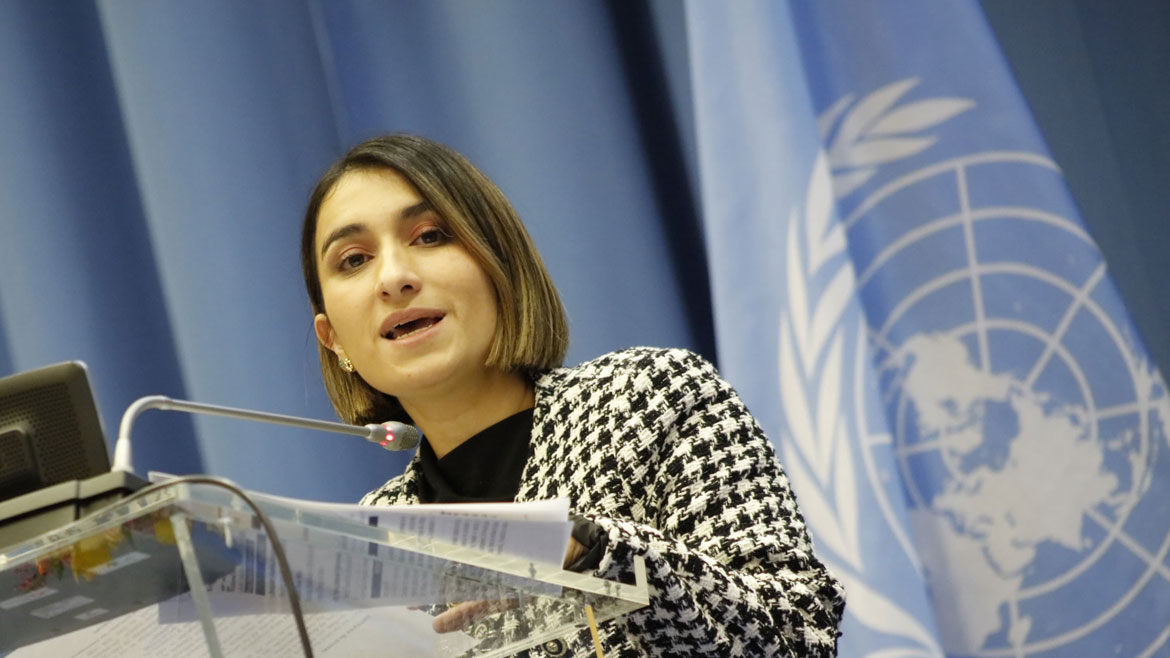
Colombia asks UN to remove coca from harmful substances list
- Colombia
- marzo 10, 2025
- No Comment
- 84
Colombia’s Foreign Minister Laura Sarabia asked the United Nations’ Commission on Narcotic Drugs to remove coca, the base ingredient of cocaine, from its list of harmful substances.
At a commission meeting, Sarabia announced that the government formally asked to revise the list and said that scientific research will prove that “the coca leaf itself is not harmful to health.”
The global strategy to combat the illegal production and trade of cocaine by designating the coca plant as harmful has failed, the minister told the foreign representatives.
The evidence is overwhelming: drug trafficking has slowed down the development of our country, victimized millions of peasants, financed terrorist groups and devastated essential ecosystems such as the Amazon.
Foreign Minister Laura Sarabia
According to Sarabia, Colombian authorities would be able to more effectively combat cocaine production “if we harness [the coca leaf’s] potential for industrial uses such as fertilizers and beverages.”
The legalization of coca would give Colombian authorities more tools to promote the substitution of coca crops with, for example, cacao, or the production of harmless coca products.
Reforming the global drug regime does not mean normalizing drug trafficking, but rather providing us with more effective tools to combat it. We cannot continue repeating the mistakes of the past. For Colombia, refocusing this policy is a matter of life and peace.
Foreign Minister Laura Sarabia
This would allow police authorities to focus on combating the illegal production of cocaine and the exports of this illicit drug to the global consumption market.
According to the Foreign Ministry, the administration of President Gustavo Petro confiscated 1.9 million kilos of cocaine and destroyed more than 450 clandestine cocaine factories since taking office in August of 2022.
Notwithstanding, the government has failed to effectively reduce the cultivation of coca for the purpose of cocaine production.
Colombia is the world’s largest cocaine producer, according to the United Nations’ Office on Drugs and Crime.



